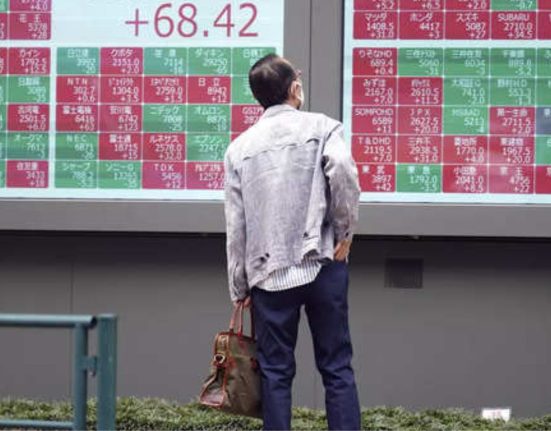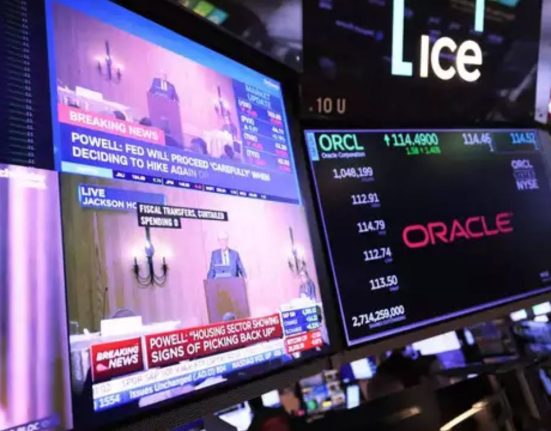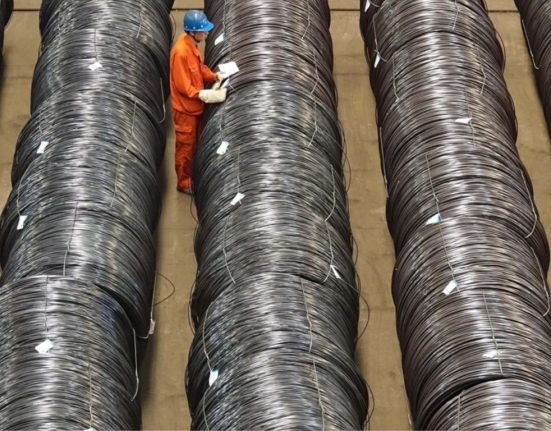Two U.S. senators, Democratic Senator Bob Casey and Republican John Cornyn, have introduced the Outbound Investment Transparency Act as an amendment to a defense bill, signaling bipartisan support for addressing the risks associated with U.S. investment in foreign adversaries, particularly China. This legislation aims to provide greater insight into outbound investments and enhance transparency, particularly in critical technological sectors. The proposed legislation represents a shift from a previous version introduced in 2021, which focused on review and prohibition of specific deals.
Senator Casey emphasized the need to protect national and economic security by gaining a better understanding of the relocation of critical technological capabilities overseas. The Outbound Investment Transparency Act seeks to provide transparency regarding the scale and nature of these outbound investments, enabling policymakers to assess and mitigate potential risks.
Simultaneously, the Biden administration is nearing the completion of an executive order that would impose certain restrictions on investment, with a particular focus on sectors such as advanced semiconductors, quantum computing, and artificial intelligence. The order aims to safeguard national security interests and protect critical technologies from falling into the wrong hands. The administration aims to finalize legal and other reviews of the outbound investment order by Labor Day, signaling a sense of urgency in addressing these concerns.
U.S. Treasury Secretary Janet Yellen, who recently concluded a trip to China, engaged in discussions with her Chinese counterparts about the proposed investment restrictions. Secretary Yellen stressed that any restrictions would be highly targeted and focused on specific sectors of national security concern. She also emphasized the importance of transparency and public input in the rule-making process for enacting the order.
Earlier reports from Reuters suggested that the proposed order might mirror restrictions imposed on exports to China in October, which included limitations on artificial intelligence chips, chipmaking tools, and supercomputers, among other technologies. The order, which has faced delays, is expected to require notice for a wide range of transactions, providing an opportunity for scrutiny and evaluation of potential risks.
The senators’ proposed legislation was introduced as an amendment to the annual National Defense Authorization Act (NDAA). While the U.S. House of Representatives passed its version of the NDAA on Friday, the bill’s future as law remains uncertain due to culturally conservative amendments added by Republicans. The Senate is scheduled to commence debate on its version of the bill on Tuesday. To become law, a final version must be agreed upon by both chambers of Congress and reach President Joe Biden for approval or veto.
The efforts of both the legislative and executive branches underscore the growing concern within the U.S. government over investments in China and the need to protect national security interests. By tracking and regulating outbound investments, policymakers aim to strike a balance between economic growth and safeguarding critical technologies. The proposed legislation and executive order reflect a broader trend of increasing scrutiny and oversight of investments with potential national security implications, particularly those involving adversarial countries.
The introduction of the Outbound Investment Transparency Act by Senators Bob Casey and John Cornyn, along with the Biden administration’s executive order on investment restrictions, reflects the growing concern within the U.S. government over investments in China and the need to protect national security interests. The bipartisan support for the legislation and the administration’s efforts to impose restrictions highlight a shared recognition of the risks associated with foreign investments, particularly in critical technological sectors.
By enhancing transparency and regulation of outbound investments, policymakers aim to strike a delicate balance between promoting economic growth and safeguarding critical technologies. The proposed legislation and executive order are part of broader efforts to ensure that U.S. investments align with national security priorities and do not compromise the country’s technological edge or pose risks to its strategic interests.
While the legislative process and debates around the National Defense Authorization Act (NDAA) may introduce uncertainties regarding the final outcome of the Outbound Investment Transparency Act, the introduction of this legislation sends a clear signal that policymakers are actively addressing the challenges posed by foreign investments in sensitive sectors.
The ongoing discussions and actions by both the legislative and executive branches of the U.S. government underscore the importance of monitoring and regulating investments with potential national security implications, particularly those involving adversarial countries like China. These measures seek to protect critical technologies, preserve economic competitiveness, and safeguard national interests in an increasingly interconnected and competitive global landscape.
As the debate on the Outbound Investment Transparency Act and the executive order progresses, policymakers will need to strike a careful balance that addresses national security concerns without stifling legitimate economic activities or discouraging foreign investments that contribute positively to the U.S. economy. It is crucial to establish effective mechanisms for evaluating and mitigating risks associated with outbound investments, while also fostering an environment that encourages innovation, technological advancements, and strategic partnerships.
The outcome of these efforts will shape the future trajectory of U.S. foreign investments, especially in critical sectors, and contribute to the broader debate on national security, economic growth, and global competitiveness. As geopolitical dynamics evolve and new challenges arise, policymakers will need to remain vigilant and adaptable to ensure that the United States maintains its position as a leader in technology and innovation while safeguarding its national interests.










